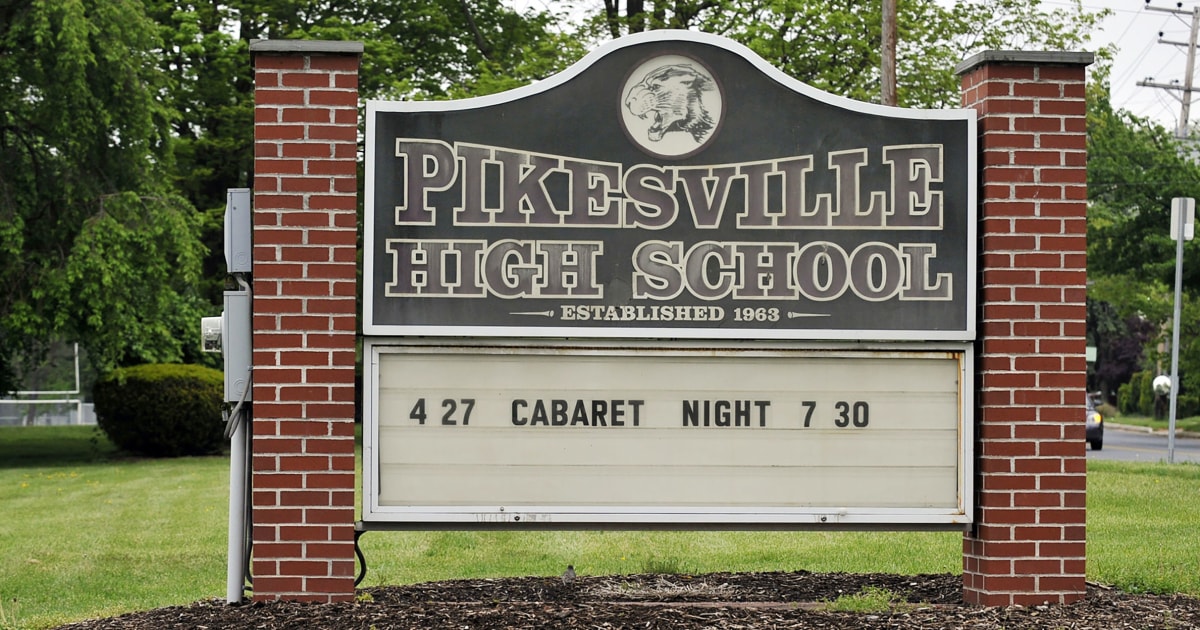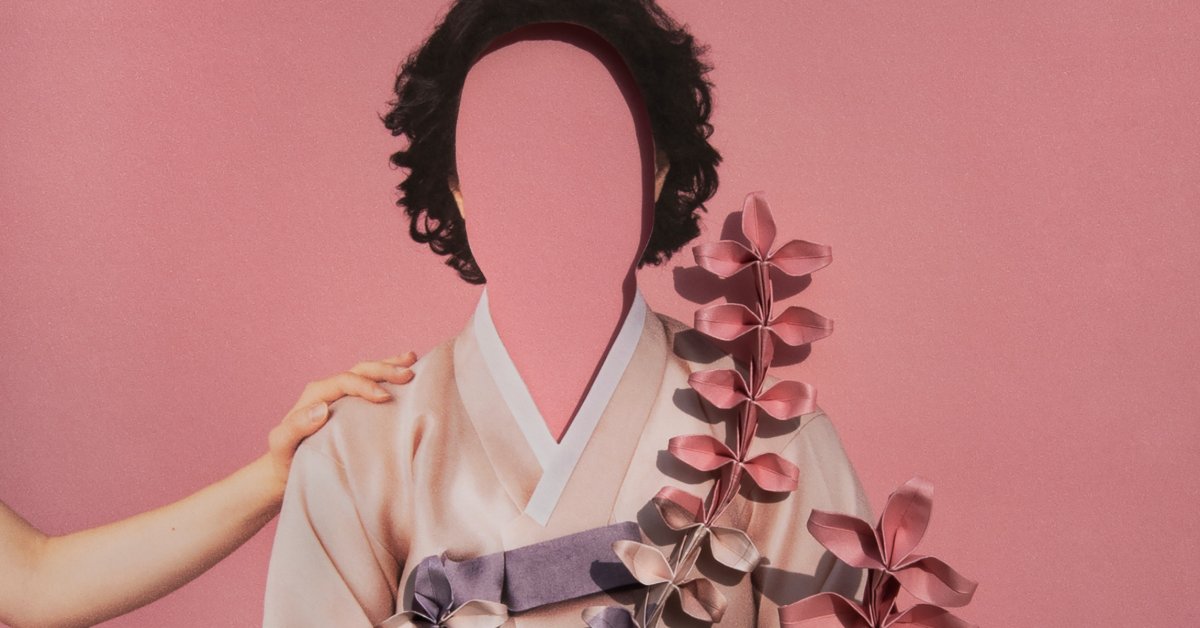Another anecdote idiots try using to discount the real amount of racism today. As you are Asian, you know good and damn well that white racism is out there.
Most Asian Americans say they face discrimination and are often treated as foreigners
Almost six in 10 Asian Americans reported they have faced discrimination because of their race or ethnicity, and 63% said they felt not enough attention was given to anti-Asian discrimination, according to a new Pew Research Center
survey released Thursday.
"For many Asian Americans, discrimination experiences are not just single events, but instead come in several often-overlapping forms," the report said.
Seventy-eight percent of Asian American adults said they've been treated as a foreigner, even if they were born in the U.S., including having their names mispronounced, being told to go back to their country, being scorned for speaking a language other than English and facing assumptions that they can't speak English.
South Asians were less likely to be called offensive names (29%) than East (41%) and Southeast (39%) Asian Americans. However, more than twice as many South Asian Americans (35%) reported being stopped at security checkpoints than East (14%) and Southeast Asian Americans (15%).
(And don't even try to begin saying all that is being done by blacks. Or that a majority of it is.)
6 Charts That Dismantle The Trope Of Asian Americans As A Model Minority
"Smart." "Hard-working." "Nice." Those were among the adjectives that respondents offered up in a
recent poll when asked to describe Asian Americans.
The poll, conducted by the nonprofit Leading Asian Americans to Unite for Change (LAAUNCH), was another all-too-familiar reminder that Asian Americans are still perceived as the "model minority."
Since the end of World War II, this myth about Asian Americans and their perceived collective success has been used
as a racial wedge — to minimize the role racism plays in the struggles of other minority groups, such as Black Americans.
Characterizing Asian Americans as a model minority flattens the diverse experiences of Asian Americans into a singular, narrow narrative. And it paints a misleading picture about the community that doesn't align with current statistics.
Myth: Asian Americans are a single monolithic group
Currently, more than 22 million people of Asian descent live in the U.S., making up approximately 7% of the nation's population.
Academics and activists
trace the term "Asian American" to 1968, when students at the University of California, Berkeley, founded the Asian American Political Alliance. At the time, the group sought to unite students of Japanese, Chinese and Filipino descent to fight for political and social recognition.
"Asian Americans and Pacific Islanders" (AAPI) is a term that has its roots in the 1980s and '90s, when the U.S. Census Bureau used the "Asian Pacific American" classification to group Asians, Native Hawaiians and Pacific Islanders together. In 1997, the bureau
disaggregated the categories into
"Asian" and "Pacific Islander."
Scholars and activists have critiqued both terms for masking differences in histories and needs among communities, as well as supporting the myth that Asian Americans are a monolithic group.
(And we don't see anybody telling Asians how they are Americans and can't use that term)
Myth: Asian Americans are high earning and well educated
Asian Americans have a median household income of around $78,000 a year, which is higher than the national median of about $66,000. However, that overall statistic obscures large differences among different Asian-origin groups.
These economic disparities are partially driven by similar disparities in education levels among Asian Americans. The highest-earning groups — Indian American and Taiwanese American households — also have the highest levels of education, while the lowest-earning groups have comparatively lower levels of education.
View attachment 937667
In fact, a 2018
Pew Research Center study found that Asian Americans were the most economically divided racial or ethnic group in the U.S., with Asian Americans in the top 10th of the income distribution making 10.7 times more than those in the bottom 10th.
View attachment 937668
Heightened immigration enforcement has also impacted Asian Americans. From 2015 to 2018, Immigration and Customs Enforcement arrested about 15,000 immigrants from Asia, according to a report by the nonprofit Asian Americans Advancing Justice.
The report also found that Southeast Asian immigrants were three to four times more likely to be deported for old criminal convictions compared with other immigrant groups.
Myth: Asian Americans are fairly represented in leadership positions
In reality, Asian Americans are underrepresented in these positions of power, holding about 3% of these positions in comparison with composing 7% of the U.S. population, a report from
The New York Times found last year.
More specifically, Asian Americans have the lowest degree of representation in political office compared with any other racial or ethnic group.
Asian Americans are even underrepresented in states with a high concentration of Asian American residents, like New York and California, according to a report by the Reflective Democracy Campaign.
For years, the myth about Asian Americans and their perceived collective success has been used as a racial wedge. Here's a look at some common misconceptions driven by the "model minority" myth.

www.npr.org
View attachment 937670
As we continue to witness
violence against Asian Americans–including, in the past month, the punching of a
Bay Area father pushing his baby in a stroller; the assault on
two women with a cement block in a Baltimore liquor store; and the stabbing of
two women, ages 85 and 65, at a bus stop in San Francisco–my social media feeds are frequently filled with messages imploring people to recognize and challenge
anti-Asian racism.
It’s clear why, as many are apparently unaware.
A recent survey found that 37% of white Americans had not even heard about the
spike in attacks on Asian Americans (with 42% of respondents unable to name a single prominent Asian American).
Another survey revealed that Asian women were targeted in 65% of incidents in which the victim’s gender was reported, and when demographic information was available, a majority of perpetrators were reported to be white and male.
I am tired of being asked to think about racism from the perspective of those least impacted by it'

time.com
You have a major party presidential canddate who if he gets into office will work to erase anything that the civil rights movement produced. That is the same candidate who tried making Asians the scapegoat for COVID and you post up a story about some AI generated bullshit. You ain't white, and you will never be an honorary white. Asians ike you are arrogant. Do you subscribe to Chime TV and support Asians who are really trying to do something or do yu spend your miserable life trying to be white? Get some pride.

 www.nbcnews.com
www.nbcnews.com


